Retro Replay Review
Gameplay
CyberJudas places you in the Oval Office as the President of the United States, tasking you with projecting American ideals across the globe. Every decision—from negotiating trade agreements to stationing troops—carries weight, and the delicate balance between diplomacy, economics, and military might drives the core gameplay loop. You will need to juggle domestic approval ratings while simultaneously thwarting clandestine threats brewing within your own cabinet.
(HEY YOU!! We hope you enjoy! We try not to run ads. So basically, this is a very expensive hobby running this site. Please consider joining us for updates, forums, and more. Network w/ us to make some cash or friends while retro gaming, and you can win some free retro games for posting. Okay, carry on 👍)
The game’s mechanics revolve around your six principal advisors: the Chief of Staff, the National Security Advisor, the Secretary of State, the Secretary of Defense, the Economic Advisor, and the CIA Director. Each advisor provides specialized reports on current events, allows you to enact policies in their domain, and warns you of impending crises. But one among them is the titular “Cyber Judas,” an insider saboteur determined to undermine your presidency via espionage, propaganda, and even missile launch codes.
Campaign mode challenges you to uncover the identity of Cyber Judas before they sow enough chaos to trigger a nuclear conflict. TRACE, an advanced AI assistant, serves up intelligence gathered from around the world but filters it through an algorithm that may itself be compromised. Deciphering which pieces of data are reliable becomes as crucial as formal cabinet debates, forcing you to think like both diplomat and detective.
The pacing of CyberJudas alternates between tense, real-time crisis management and slower periods of planning and policy enactment. You’ll invest in foreign aid packages one month and scramble to contain a terrorist incursion the next. This ebb and flow keep the experience engaging, with each session feeling like a fresh test of your leadership and strategic foresight.
Graphics
Visually, CyberJudas opts for a clean, map-driven interface reminiscent of classic geopolitical simulations. The world map is color-coded by regime type and alliance status, while pop-up windows display charts, briefing documents, and diplomatic communiqués. Animations are minimal but functional—flashing alerts and simple icons convey crises without distracting from decision-making.
The art style leans toward utilitarian clarity: pixel-precise borders, bold typography, and iconography that instantly communicates threats, opportunities, and resource flows. While modern gamers accustomed to high-fidelity 3D might find the presentation dated, fans of strategic board games and early ’90s government sims will appreciate the purposeful design. The interface scales well for both full-screen display and windowed play, making it accessible on a variety of systems.
Sound design is understated yet effective. Ambient office noises, urgent notification chimes, and occasional radio chatter set the mood without overwhelming. During major events—such as a missile launch warning or a cabinet assassination attempt—you’ll hear sharper audio cues that heighten tension and signal the need for immediate action.
The overall visual and audio package prioritizes information clarity over spectacle, ensuring that every element you see and hear directly supports strategic choices. In doing so, CyberJudas nails the atmosphere of a high-stakes command center, even if it doesn’t rival blockbuster productions in flash and flair.
Story
As a sequel to Shadow President, CyberJudas expands on the grand theme of power, sovereignty, and diplomacy by introducing internal betrayal. The narrative hook revolves around a traitor embedded within your own advisory circle—the Cyber Judas—who manipulates your information systems against you. This premise elevates the usual geopolitical thriller into a high-tech whodunit that unfolds throughout the campaign.
The storyline is delivered through dynamic events rather than fixed cutscenes, meaning the traitor’s sabotage can vary each playthrough. One session might see forged economic data triggering a global recession, while another could feature false intelligence about a nuclear strike. Players must sift through contradictory reports, interview suspects, and weigh the advice of TRACE to build a coherent picture of the conspiracy.
Subplots emerge as you navigate international crises: rogue states provoking border clashes, terrorist cells targeting civilian populations, and rival superpowers vying for influence. Your choices—whether to negotiate, sanction, or deploy special forces—affect world opinion, domestic approval, and the unfolding narrative. This branching structure ensures that the story is not just read but actively shaped by your actions.
Ultimately, the race against Cyber Judas serves as a metaphor for the fragile nature of information in modern governance. Every diplomatic cable you send or intelligence briefing you authorize can be retrofitted by the traitor to disastrous ends. This tension keeps the storyline engaging from the opening cabinet meeting until the final showdown over nuclear codes.
Overall Experience
CyberJudas delivers a cerebral, high-stakes political simulation that will satisfy strategy enthusiasts and armchair presidents alike. The steep learning curve is balanced by clear tutorials and the ever-watchful TRACE AI, which guides you through your first few turns. Once you grasp the interplay between advisors, domestic opinion, and foreign policy levers, the depth of the system becomes its greatest strength.
Replayability is high, thanks to the variable identity of the Cyber Judas, random global events, and multiple viable strategies for spreading democracy. A peaceful soft-power approach can be as effective as a hard-line military buildup, and each path offers unique challenges and story beats. Community mods and scenario editors further extend the lifespan for players who crave new geopolitical puzzles.
On the downside, the text-heavy interface and occasional micromanagement demands may deter casual gamers looking for immediate action. Patience and an appetite for macro-decision-making are prerequisites. However, for those willing to invest the time, CyberJudas offers one of the most engrossing depictions of modern statecraft in gaming.
In summary, CyberJudas stands out as a thought-provoking sequel that refines its predecessor’s core ideas while adding a layer of internal intrigue. Its blend of strategic depth, emergent storytelling, and atmosphere of paranoia makes it a compelling choice for anyone fascinated by the interplay of power, politics, and technology. If you’ve ever wondered what it’s like to lead the free world under the shadow of betrayal, this game will keep you riveted until the very last missile code is typed.
 Retro Replay Retro Replay gaming reviews, news, emulation, geek stuff and more!
Retro Replay Retro Replay gaming reviews, news, emulation, geek stuff and more!
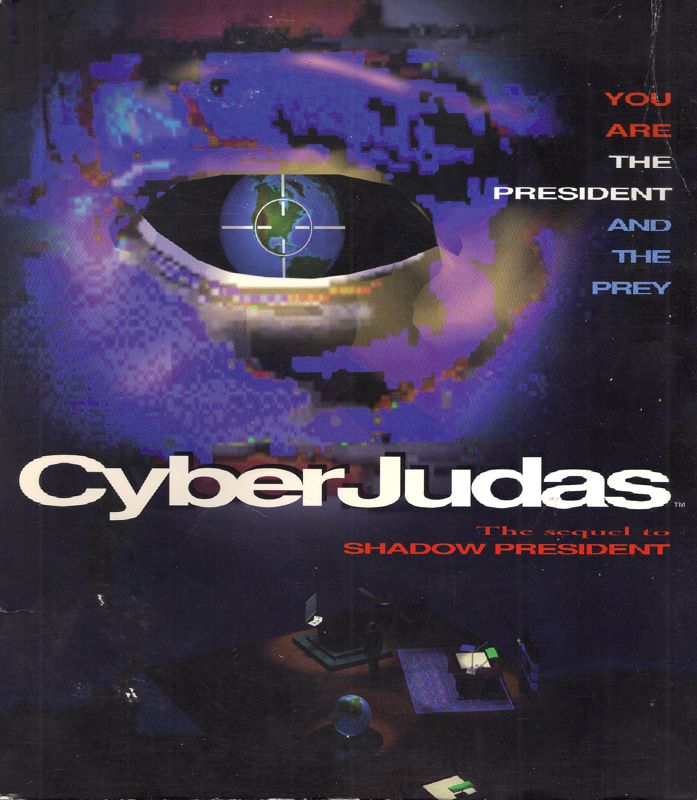
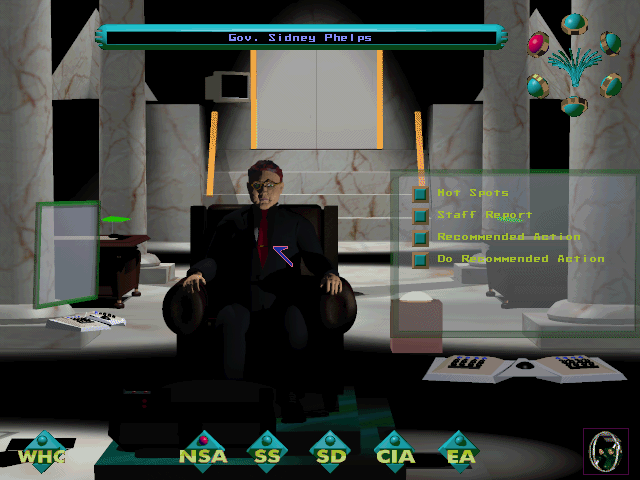
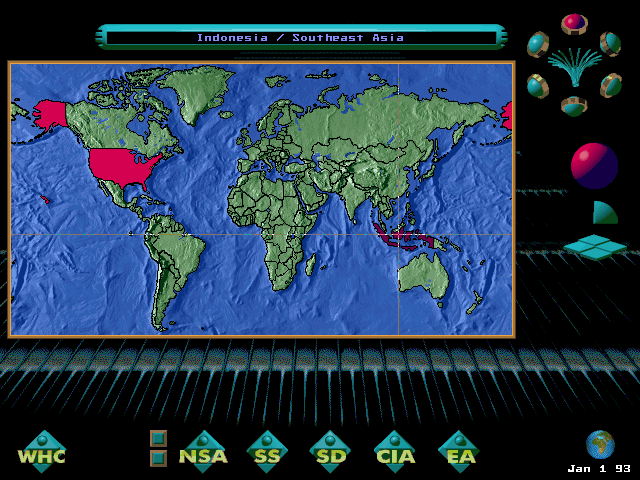
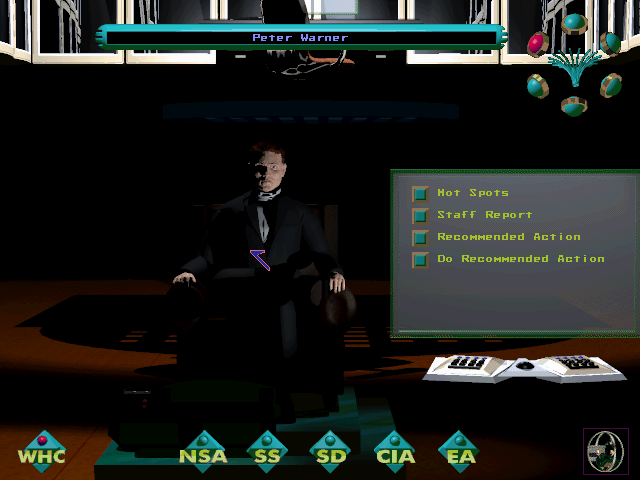
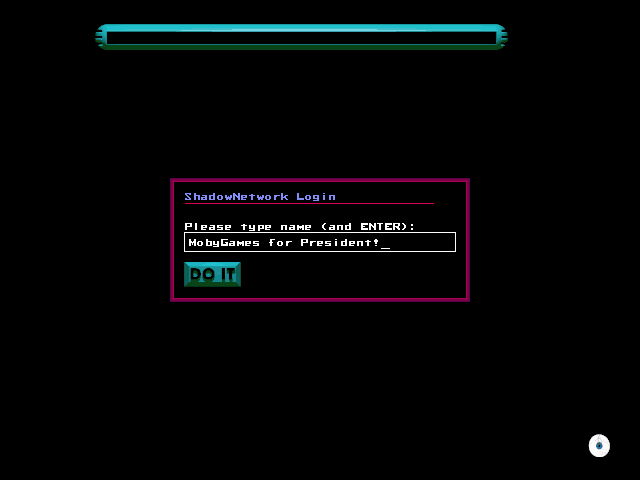
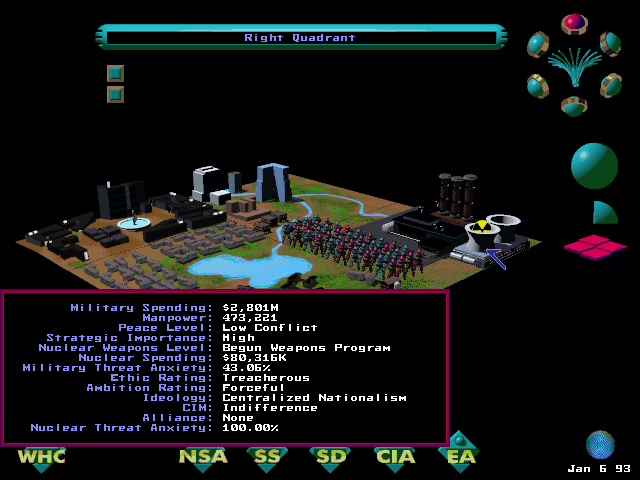



Reviews
There are no reviews yet.